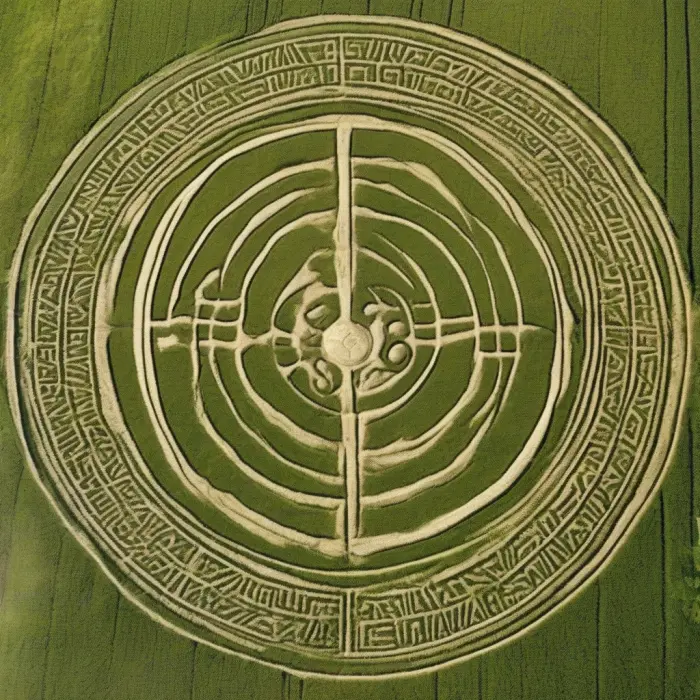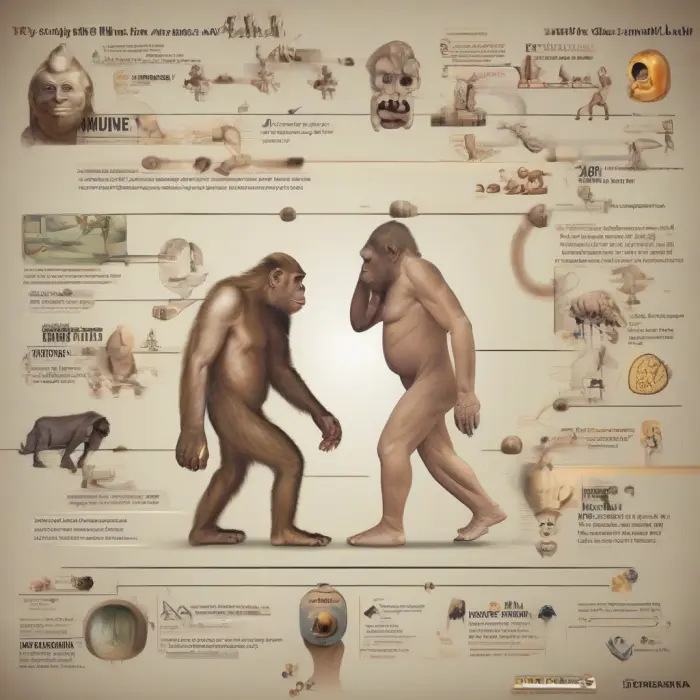Amazing Facts About the Science of Human Cloning
Human cloning is one of the most controversial and intriguing areas of modern science. It is a complex topic that is continually scrutinizing ethical considerations, but undeniably, it's an impressive breakthrough.
What is Human Cloning?
Human cloning is a process of producing genetically identical individuals. The creation occurs not from mating or fertilization but from a procedure called somatic cell nuclear transfer. In this process, the nucleus of a somatic cell is transferred into an egg cell missing its nucleus.
Facts About Human Cloning
- Dolly the Sheep: Dolly was the first mammal to be cloned from an adult cell in 1996. Her birth proved that specialized cells can be used to create an exact copy of the organism they come from.
- Reproductive and Therapeutic Cloning: There are two categories of cloning: reproductive and therapeutic. Reproductive cloning is the creation of a new organism, while therapeutic cloning is the creation of human embryos for research.
- Human Cloning remains Illegal: Almost all countries ban human cloning due to ethical and safety reasons. Although the technology exists, it has not been ethically or legally accepted.
- Genetically Identical doesn’t mean Completely Identical: Clones share the same genetics but they are not exactly identical. Other factors such as environment, upbringing and life experiences also contribute to individuality.
- Advancements in Medicine and Research: Human cloning could potentially lead to significant advancements in the medical field, such as organ transplantation, combating infertility, and understanding genetic diseases.
Future of Human Cloning
As science and technology advance, the possibility of human cloning comes closer to reality. It brings up many ethical and moral questions. While we do not yet fully understand human cloning's implications, its exploration continues to offer potential advancements in medicine and genetics.










